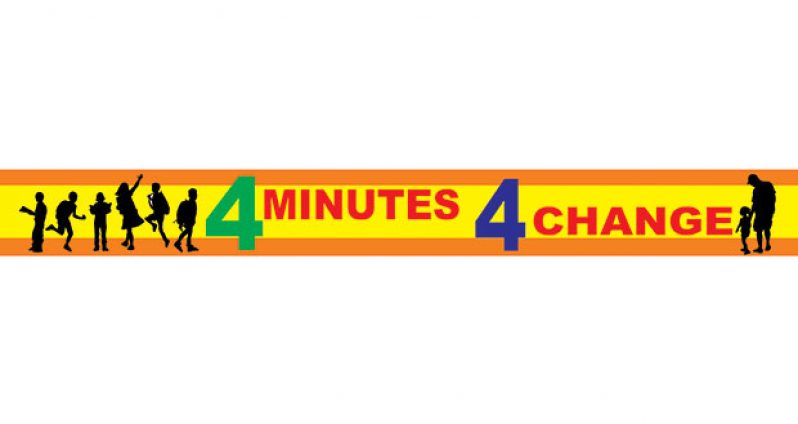THERE are mainly good people in the world with the best of intentions, but unfortunately, there are also those who want to harm children and take advantage of their innocence. Children are vulnerable to sexual abuse from Men or Women, whether they are boy or girl. Many people believe that sexual abuse of a boy is rare and that girl victims suffer more consequences than boy victims, but neither of these myths is true.
Some experts estimate that one in four girls and one in six boys are sexually abused before the age of 18, but not all cases are reported to authorities, so there are never as many numbers or prosecutions to reflect this. In our society, discussing the sexual abuse of boys is somewhat ‘taboo’, but the truth is — it happens. Maybe if parents were to talk openly about it and devise more ways to protect their boys, more cases could be prevented.
An adult woman can sexually abuse a boy by showing him inappropriate pictures, videos or other sexual paraphernalia and by fondling, caressing or engaging with the boy in a sexual nature. Although this type of abuse (between a boy and a woman) is rare, it does exist and adolescent boys can easily fall prey, believing in the notion that they are being catapulted into manhood. Any inappropriate touching or photo-taking and/or the sharing of naked pictures of children or their genitals is sexual abuse. An adult man can sexually abuse a boy by doing any of the aforementioned things and by engaging in homosexual activity with the boy.
Adult perpetrators have a way of befriending a child and gaining their trust before beguiling them into inappropriate sexual activity — this is called ‘grooming.’ Once a child has built a trusting bond with the perpetrator, they will believe literally whatever they are told by him/her and reporting the sexual abuse will become less of an option.
Abused boys can suffer a range of psychological after-effects as a result of the trauma and without appropriate counselling, guidance and support, boy victims could develop some disturbing or disruptive behaviours that could shape their adolescent years and affect them well into adulthood. On the other hand, they could just become a silent victim afraid to speak out about their abuse for fear of stigma from their friends and family. There is a myth that boys who are sexually abused will one day become abusers themselves; this is another reason why boys and men do not identify themselves as victims of abuse, they just suffer the mental torment in silence. Here are some tips on protecting boys (and girls)
1) Teach them that no one should touch their ‘private areas’ for any purpose. Talk through defence tactics with your child, (e.g. what to do if someone was getting too close).
2) Teach them the difference between appropriate and inappropriate behaviour and conversation and how to make a discreet exit if they are feeling uncomfortable.
3) Teach them that if they’re feeling uneasy about anyone’s behaviour towards them, they should come and tell: as a parent you need to know.
4) Check out the people who spend time with your children, those in authority who coach, teach or train them. Meet them; show your face, so you have an idea ‘who’ is around (and making an impression on) your child. Make sure you have phone numbers and details where appropriate.
Even though we may not want to think about it, at any given time there could be a perpetrator (paedophile) in our midst. As adults who realise the dangers that lurk in society, we must remain alert and vigilant with regard to the people around our children.
If you are concerned about the welfare of a child, call the Childcare and Protection
Hotline on 227 0979 or write to us at childcaregy@gmail.com
A MESSAGE FROM THE CHILDCARE AND PROTECTION AGENCY, MINISTRY OF SOCIAL PROTECTION
4 minutes 4 change – Boy Protection
SHARE THIS ARTICLE :
Facebook
Twitter
WhatsApp




.jpg)










